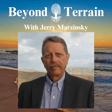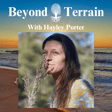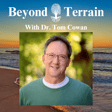
Max Hillebrand on Praxeology, Economics, Human Action, Money, Bitcoin, Privacy, and more!
In this thought-provoking episode, we’re joined by Max Hillebrand, an advocate for Bitcoin and Austrian economics. Together, we dive into the foundational principles of Praxeology, examining human action and decision-making. From there, we explore economics as a science, emphasizing the social nature of human beings and their interaction within markets.
The conversation takes a critical turn as we discuss government, taxes, and the concept of theft, providing a unique perspective on state authority and individual sovereignty. Max also shares his insights on psychology and empiricism, bridging the gap between human behavior and logical deduction.
We then tackle the age-old question: What is money? Our deep dive compares fiat currency, gold, and Bitcoin, highlighting the benefits of sound money and the flaws in current monetary systems. Finally, we focus on a topic central to Max’s philosophy: privacy. From financial freedom to private personal property and security, we discuss why privacy matters and how it can be preserved in the digital age.
We hope you enjoy the episode!
Keep up with me (socials)
https://www.instagram.com/beyond.terrain/
https://linktr.ee/beyondterrain
Our vision at Beyond Terrain is best supported by sharing our work!
To go above and beyond:
BCH: bitcoincash:qq7eq276ylanluc5e39unrqshkvs9xsemg07yxezf7
ETH: beyondterrain.eth
BTC: bc1qqwc470ktgj3l4myqxr5hq67rnlqys0qm98u6f0
Learn more from and support our esteemed guest, Mr. Max Hillebrand
https://pay.towardsliberty.com/apps/213Mf5Nf92sRka8M2GZx3gyK4qZu/pos
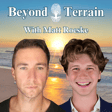

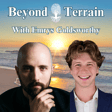
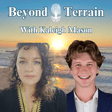
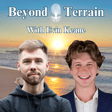
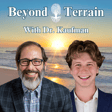
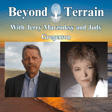

![DNA Doesn't Exist & Genomic Nonsense with Dr. Jerneja Tomsic [Part 2] image](https://media.zencastr.com/cdn-cgi/image/width=112,quality=85/image-files/652933f3a749dc383eb375de/ce5a5fd9-98c9-44fe-9b4b-3d0cd5abcf29.png)
